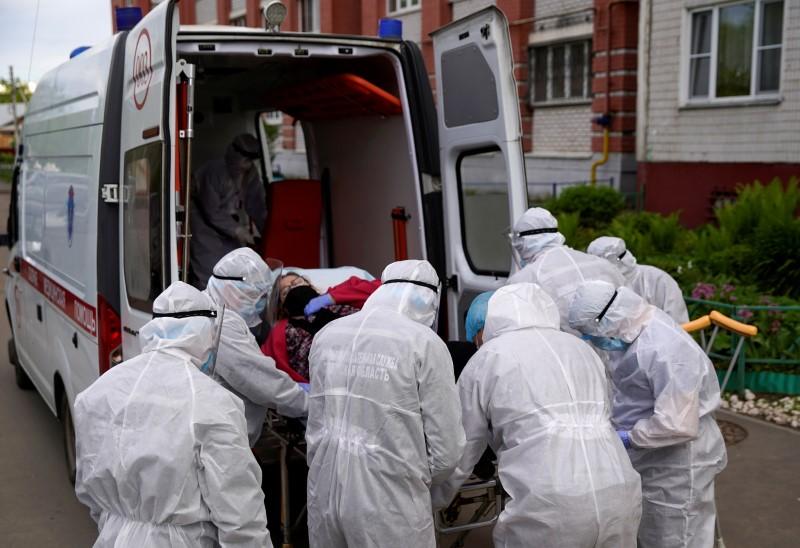Russia granted approval to a drug for use against COVID-19, the first time authorities have given the green light to a medicine against the new disease caused by the CCP (Chinese Communist Party) virus.
Hospitals can soon begin giving favipiravir, a drug traditionally used against the flu, to patients in early June after approval by Russia’s Ministry of Health, the Russian Direct Investment Fund (RDIF), and ChemRar Group said on Saturday.






